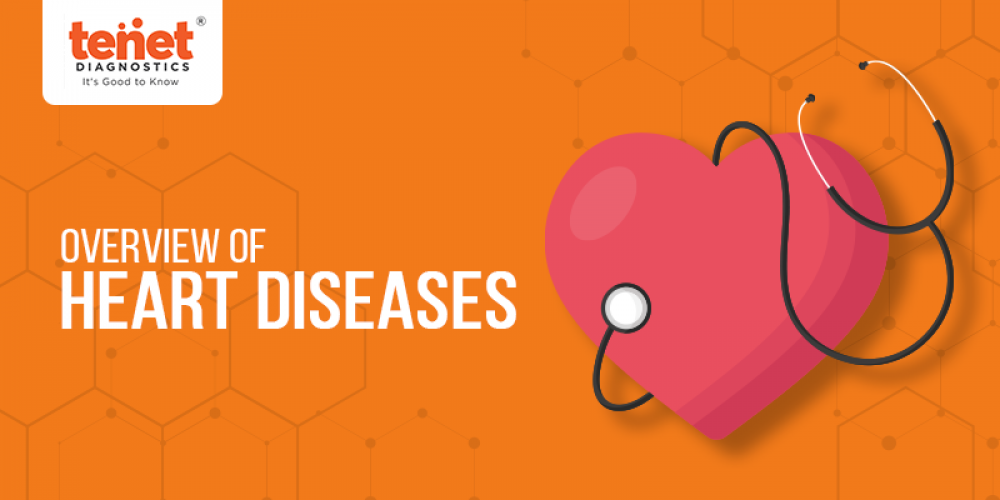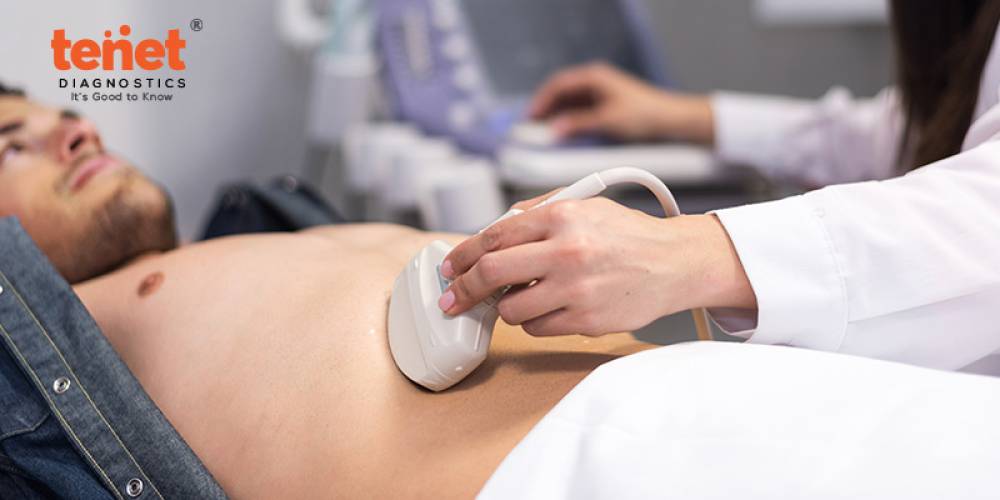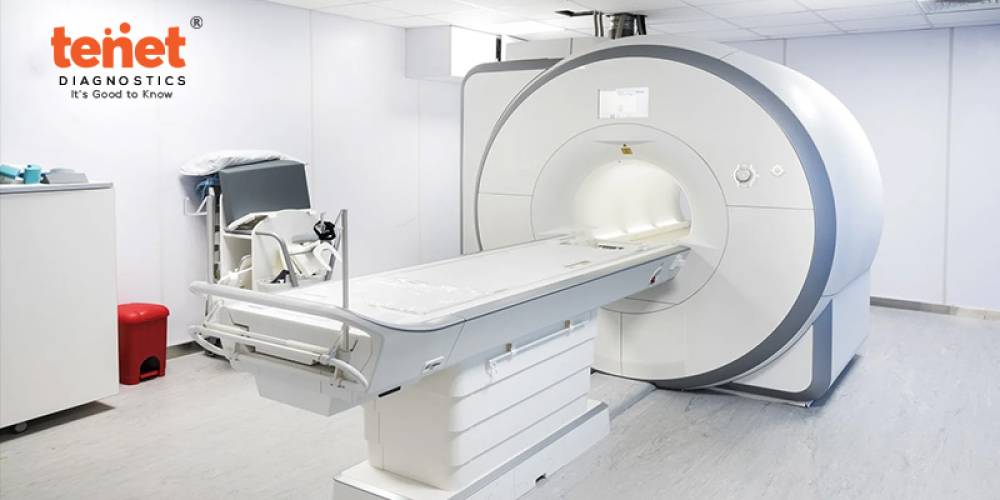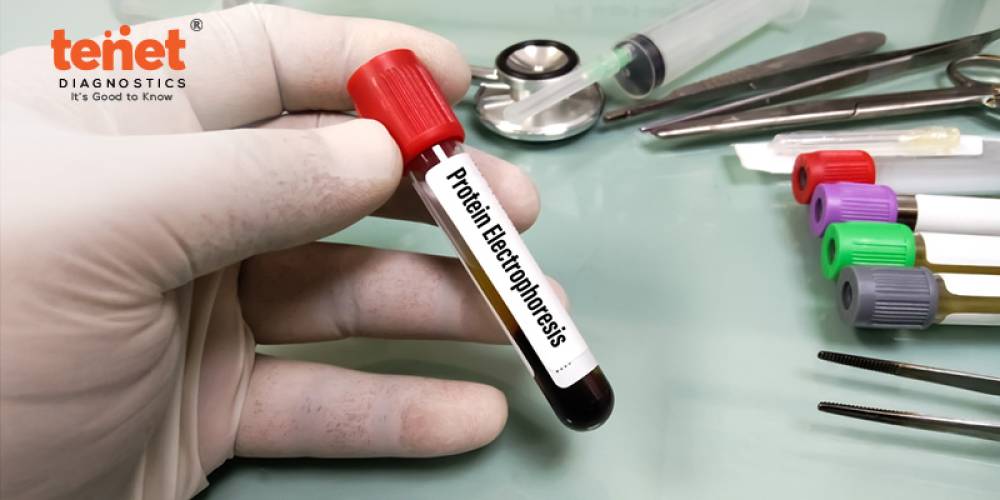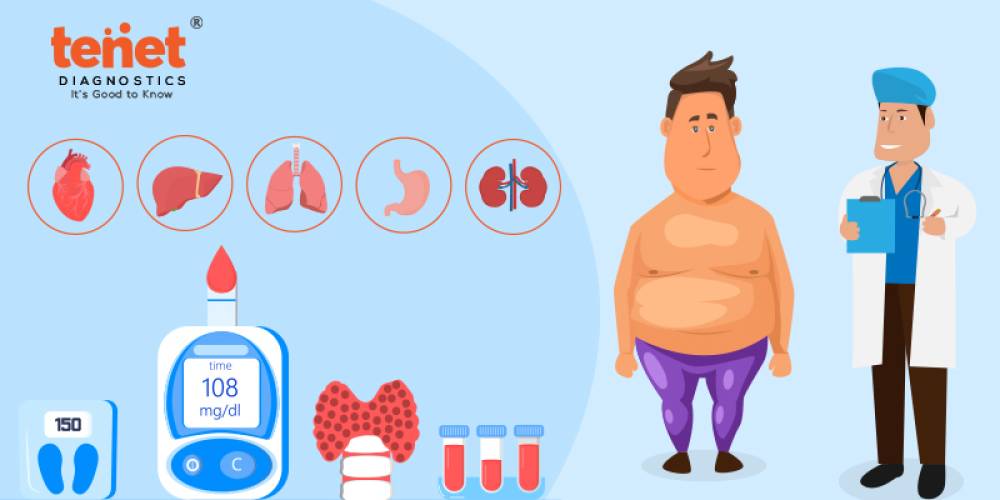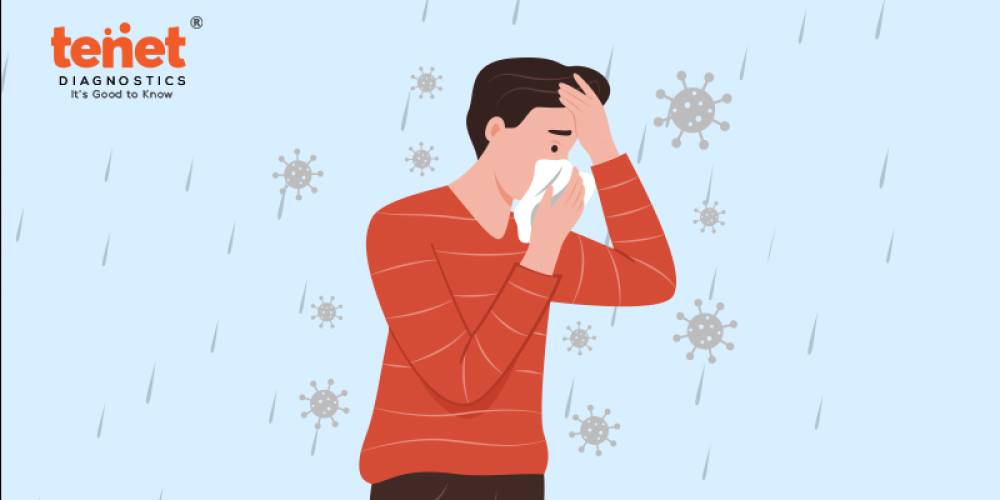Heart disease is a range of medical conditions that affect your heart. Some of the common heart diseases include coronary artery disease, heart rhythm problem, congenital heart defects, heart valve disease, heart muscle disease and heart infection.
What is Heart Disease?
Heart disease refers to medical conditions related to the heart. The most well-known type of heart disease is coronary artery disease. It affects the flow of the blood to the heart leading to heart damages.
What are the Early Symptoms of Heart Disease?
Sometimes heart disease may be “silent”. It may not be diagnosed at times until a person experiences symptoms of a heart attack. When these events happen, symptoms such as chest pain or discomfort, upper back or neck pain, indigestion and heartburn may be noticed. Also, nausea or vomiting, extreme fatigue, upper body discomfort, dizziness, and shortness of breath may be observed.
What are the Risk Factors for Heart Disease?
High blood pressure and increase in blood cholesterol as well as smoking are the key risk factors for heart disease. A few other medical conditions and lifestyle choices can also put people at a higher risk for heart disease. This includes diabetes, overweight and obesity, unhealthy diet, physical inactivity and excessive alcohol consumption.
What are the Types of Heart Diseases?
- Coronary Artery Disease - It develops when the arteries that supply blood to the heart become clogged with plaque and causes them to harden and become narrow. Consequently, the blood supply reduces, and the heart receives less oxygen and fewer nutrients. After a while, the heart muscle weakens, and there is a risk of heart failure and arrhythmias.
- Congenital Heart Defects - A person suffering from congenital heart defect is born with a heart problem. There are many types of congenital heart defects such as typical heart valves in which valves may not open properly, or they may leak blood. Another example is septal defect. In this defect, there is a hole in the wall between either the lower chambers or the upper chambers of the heart.
- Arrhythmia - It refers to an irregular heartbeat and occurs when the electrical impulses that coordinate the heartbeat do not work correctly. Therefore, the heart may beat too quickly, too slowly, or erratically. There are various types of arrhythmias such as Tachycardia which refers to a rapid heartbeat, Bradycardia which refers to a slow heartbeat, premature contractions which leads to an early heartbeat and atrial fibrillation, a type of irregular heartbeat.
- Dilated Cardiomyopathy - In this heart disease, the heart chambers become dilated. This suggests that the heart muscle stretches and becomes thinner. One of the most common causes of dilated cardiomyopathy is past heart attacks, arrhythmias, etc.
- Myocardial Infarction - It involves an interruption of the blood flow to the heart. This can severely damage or destroy part of the heart muscle. One of the most common causes of heart attack is plaque, a blood clot, or both in a coronary artery.
Test for Heart Disease Medical Conditions
Your medical professional may order different medical tests to examine your heart condition. Some of these heart tests are explained below:-
- Blood Tests
If your muscle has been damaged, your body releases substances in your blood. Blood tests can measure the substances to determine how much of your heart muscle has been damaged.
The following investigations are done from routine to advanced to diagnose heart disorders.
- Lipid Profile
- Electrolytes
- AST
- LDH
- Creatinine
- Troponin T
- Troponin I
- CK-MB
- CPK
- myoglobucin
- NT-Pro-BNP
- Homocysteine
- Apolipoprotein A1
- Apolipoprotein B
- Lipoprotein (a)
- Electrocardiogram (ECG)
An ECG reads your heart’s electrical impulses and shows how effectively your heart is beating. Your doctor may use an ECG to detect a heart attack or abnormal heart rhythms.
- Exercise Stress Test
A stress test is a type of ECG that is done while you are exercising. It helps your doctor to find out how well your heart works while you go for some or the other physical activity.
- Nuclear Cardiac Stress Test
In this test, a radioactive substance called a ‘tracer’ is injected into your bloodstream. It directly goes to your heart and releases energy. There are special cameras that take a picture of this energy from outside your body. And, your doctor uses this picture to see how much blood flows to your heart muscle and how well your heart pumps blood when you are resting and doing physical activity.
- Coronary Angiogram
A coronary angiogram may be done after a heart attack or angina. A catheter is put into an artery in your arm or wrist. It is moved up inside the artery until it reaches your heart. Thereafter, a special dye is injected into your coronary arteries and an X-ray is taken. With the help of X-ray, your doctor gets to know where and how much your coronary arteries are clogged or blocked. It also helps to analyse how well your heart is pumping.
- Magnetic Resonance Imaging (MRI)
An MRI makes use of strong magnets and radio waves to create images of your heart. It can take both the still or even moving pictures of your heart. At time, a special dye is used to make parts of the heart and coronary arteries easier to see. The MRI test shows your doctor the structure of your heart and how well it is working. Therefore, the doctor can decide the best treatment for you.
- Coronary Computed Tomography Angiogram (CCTA)
This test may be used to help diagnose coronary artery disease. CCTA is a non-invasive test for people who may be experiencing unusual cardiac symptoms.
To undergo any test for the diagnosis of heart ailment, you must reach out to the top diagnostic centres in Hyderabad.
How to Prevent Heart Disease?
Some lifestyle measures can help to prevent or reduce the risk of heart disease, such as:-
- Eating a balanced diet - You may opt for a heart-healthy diet that is rich in fiber. The Mediterranean diet may be good for heart health.
- Exercising regularly - Regular exercise can help strengthen the heart and circulatory system, lower cholesterol, and maintain blood pressure.
Other than opting for a healthy diet and engaging in regular physical activity, it is also important to avoid any kind of stress to prevent heart diseases.

